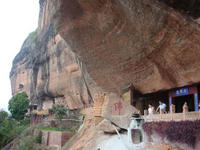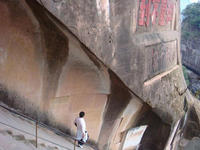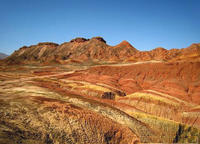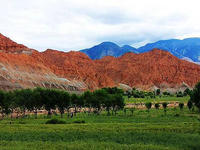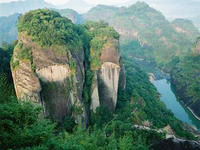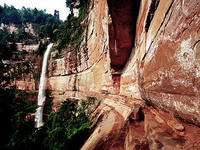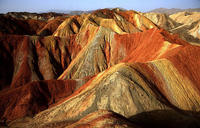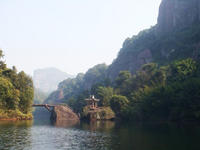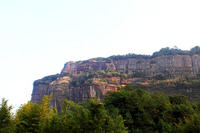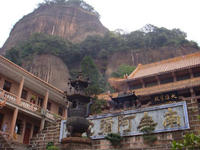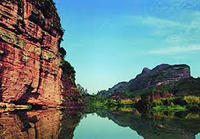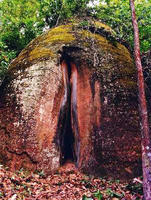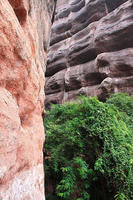You are in: Asia -> China -> China Danxia, and traditional search or Image Gallery will yield results of this site only
China Danxia
| Site number: | 1335 |
|
| Type of site: | Natural | |
| Date: | - | |
| Date of Inscription: | 2010 | |
| Location: | Asia, China, South-West of China | |
Up to 75 images are shown here. Click on each for more details or on Image Gallery for more images.
| Description: | China Danxia is a Chinese term which describes landscapes developed on continental red terrigenous sedimentary beds influenced by endogenous forces (including uplift) and exogenous forces (including weathering and erosion). This inscribed site includes six subtropical areas of south-west China, characterized by spectacular red cliffs and erosional landscapes including dramatic natural pillars, towers, ravines, valleys and waterfalls. This landscape has helped to conserve sub-tropical broad-leafed evergreen forests, and is home to many species of flora and fauna, including 400 rare or threatened. --WHMNet paraphrase from the description at WHC Site, where additional information is available. | |
| China Danxia, or Danxia landform of China, is the general name of the unique type of landscapes, Danxia landform, formed from red sandstone and characterised by steep cliffs, which are caused by endogenous forces (including uplift) and exogenous forces (including weathering and erosion). The site consists of six geologically and geographically related Danxia Landform areas, Mount Langshan and Mount Wanfoshan in Hunan, Mount Danxia in Guangdong, Taining and Mount Guanzhou in Fujian, Mount Longhu and Guifeng in Jiangxi, Mount Chishui in Guizhou, Fangyan and Mount Jianglang in Zhejiang. In August 2010, China Danxia was inscribed onto the World Heritage List. --Wikipedia. Text is available under the Creative Commons Attribution-ShareAlike License. | ||
| Source: | http://whc.unesco.org/en/list/1335 | |
| Reference: | 1. UNESCO World Heritage Center (http://whc.unesco.org/en/list/1335). 2. Wikipedia. | |




